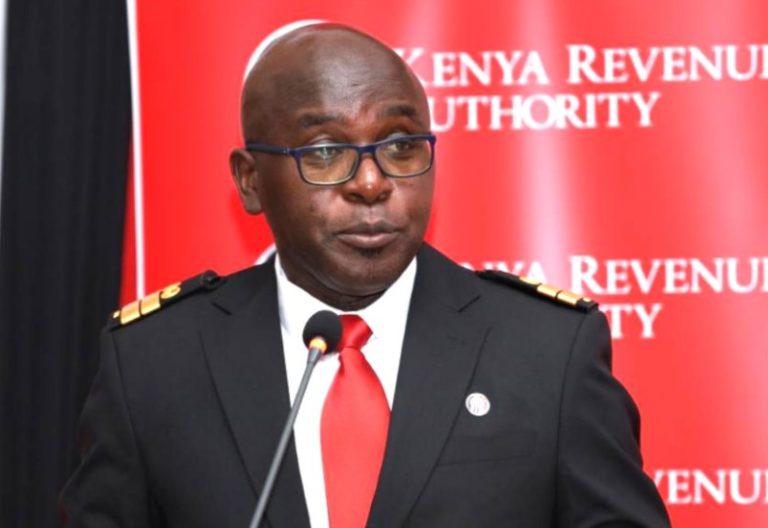Kenya says aquaculture development on course to boost food security

Kenya has partnered with donors and the private sector to establish a robust aquaculture sector in order to boost food security and rural incomes, officials said on Friday.
Lawrence Omuhaka, chief administrative secretary in the Ministry of Agriculture, Livestock, Fisheries and Cooperatives, said that promoting subsistence aquaculture will enable the country to meet universal goals related to health, poverty eradication, food and nutrition security.
Omuhaka opined that it will provide alternative and healthy diets besides supporting the livelihoods of about one million people who directly or indirectly work as fish farmers, traders and processors.
He spoke in Western Kenyan county of Siaya during the launch of the Aquaculture Business Development Program that aims to boost the production of fish at the small-holder level.
The program seeks to counter the declining production of fish in large freshwater bodies linked to climatic stresses, pollution and over-exploitation by local and foreign industrial fishing giants.
Statistics from the Ministry of Agriculture indicate that Kenya is likely to have a shortfall of 360,000 metric tons of fish by 2025, a phenomenon linked to rising demand in fast-growing cities and rural towns.
Omuhaka noted the country had witnessed a consistent decline in fish consumption per capita as the availability of the commodity is affected by disruption of local supply chains.
Compared to a global average of 16.3 kilograms, the average per capita fish consumption in Kenya stood at 3.5 kilograms annually.
Omuhaka said the Aquaculture Business Development Program, funded by International Fund for Agricultural Development will provide direct support to 23,400 small-holder farmers, ensuring they produce not less than 100 kilograms of fish annually.












